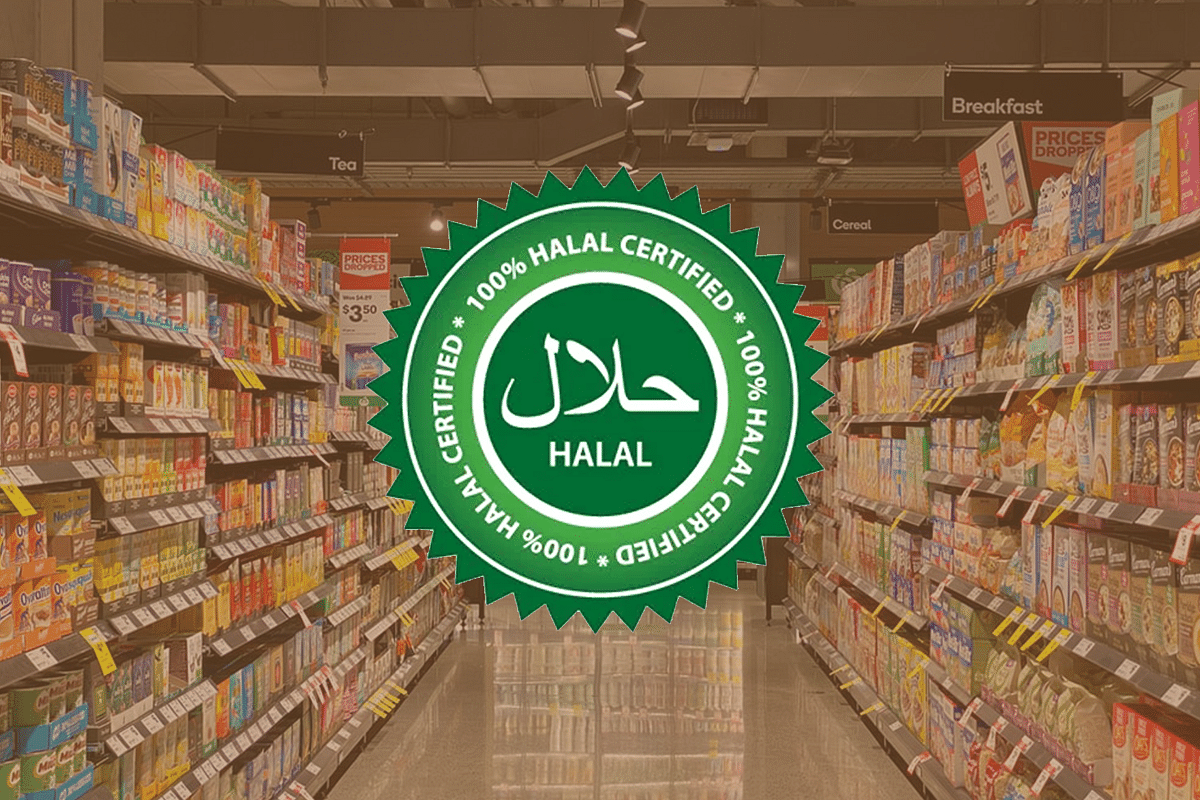Ideas
Halal Is Institutionalised Economic Boycott By Another Name
- Transforming what is essentially a religious dictat into a health and hygiene statement and justifying the promotion of the same as a universal quality standard is plain bigotry.

Halal Certified (Representative Image)
BJP's national general secretary and Karnataka's former culture minister C T Ravi called 'Halal' economic jihad, and media and opposition have had a field day ever since.
Even if one were to keep aside the 'holy war' aspect, jihad implies 'a crusade for a principle or belief', and in that sense, what has been achieved by the 'Halal' brigade is a crusade of shaping consumer culture.
But the Hindu right also plays to the galleries and goes about masking boards outside shops and demands for non-display of the same. What they do not seriously get, or don't wish to get, is that board or no board, the meat will still stay' halal'.
And, so will the Bikano and Haldiram bhujia, the Parry's sugar, and the neem pills, the HUL or 'Ponds', 'Sunsilk' cosmetics, and the Parle biscuits (check here for one of the lists of Halal certified products) as most large brands today would rather comply with the 'Halal' certification norms than lose out on an over 200 million consumer base in India alone.
So, conveniently, it isn't economic arm-twisting when a religious group forces brands to 'pay' and comply not to obtain 'food standard' certification but 'religious norm' grading. It isn't an unhinted boycott when the agency that issues these certificates, makes it known that "consumers and sellers must ensure that all foods, particularly processed foods, pharmaceuticals and non-food items like cosmetics are also Halal. Often these products contain animal by-products or other ingredients that are not permissible under Halal; hence a Halal certification is required."
But it is boycott, when people who wish to not offer meat that is offered already to another God to be offered to their deity. In the particular context of meat, apart from the manner of killing the animal, the principal opposition here in the Karnataka episode is that it is first offered to another entity when 'Hosathodaku' requires the meat to be offered first to the diety.
Only if the meat is slaughtered by a Muslim man, it is Halal. Only if the Quranic verses are recited at the time of its slaughter, it is Halal. Which means no non-Muslim can be in the business of meat, if he wishes to cater to the over 200 million population, unless he hires a Muslim for the job.
Why not have footnotes that declare the absence of pork or other such animal fat products instead of coercing companies to procure the 'Halal' certification?
Transforming what is essentially a religious dictat into a health and hygiene statement and standard and justifying the promotion of the same as a universal standard of quality is plain bigotry. And expecting the world to confirm, or foot the bill, given that most Halal certification sites market it as a doorway to a "worldwide Halal food market of over 1.5 billion people", among others, is indeed 'economic strategic warfare'.
Introducing ElectionsHQ + 50 Ground Reports Project
The 2024 elections might seem easy to guess, but there are some important questions that shouldn't be missed.
Do freebies still sway voters? Do people prioritise infrastructure when voting? How will Punjab vote?
The answers to these questions provide great insights into where we, as a country, are headed in the years to come.
Swarajya is starting a project with an aim to do 50 solid ground stories and a smart commentary service on WhatsApp, a one-of-a-kind. We'd love your support during this election season.
Click below to contribute.
Latest